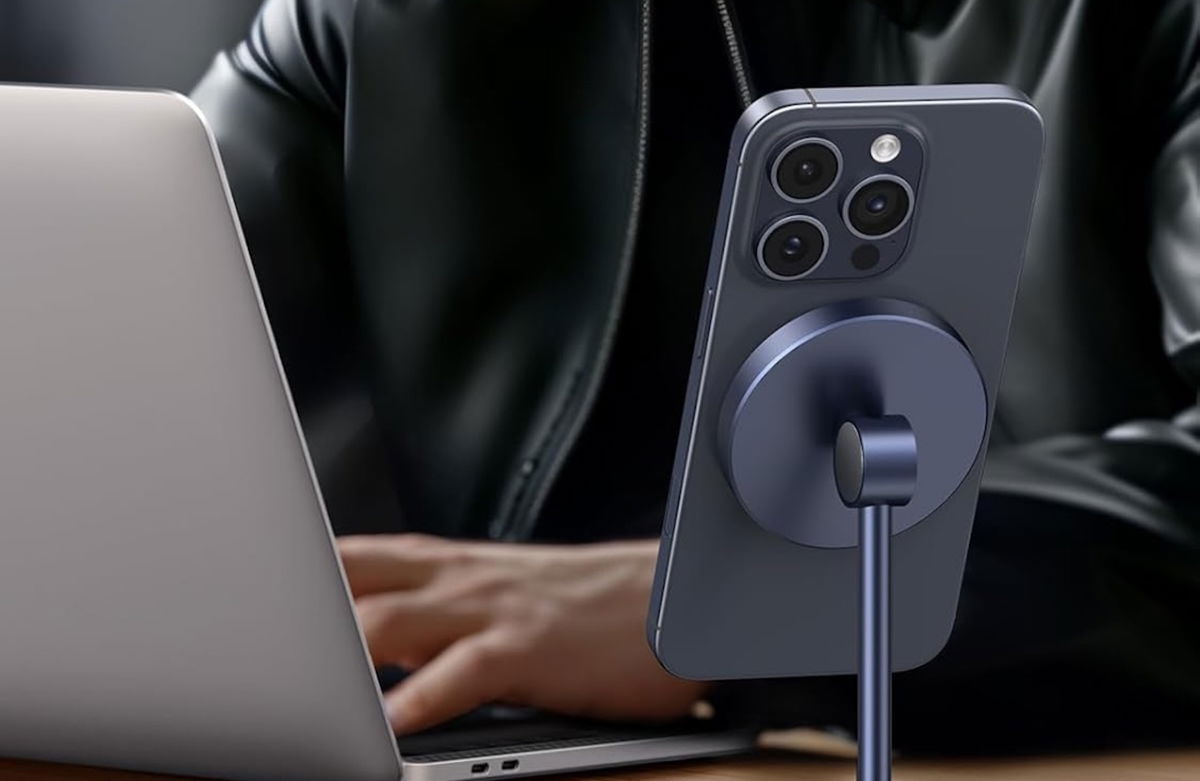Apparently your ISP car insurance knows a lot more about you than you think and uses this information to determine your bets. New internet-enabled cars track your driving habits, and that data is shared with data brokers, who then sell the information to auto insurance companies, according to a new New York Times report.
All this is done regardless of driver involvement. These days, when you buy a car, you can often reduce your insurance rates by downloading an app and allowing your car to track things like how hard you brake and how you corner. However, data collection occurs regardless of whether you agree to use these features or not.
The report notes that major automakers such as General Motors, Ford, Kia and Subaru share data with brokers such as LexisNexis and Verisk, which then analyze it and share it with insurance companies. Insurance companies then use this to determine a “risk score” for the driver, which is then factored into the rates insurance companies charge drivers.
The news is not all that surprising, although it is disappointing. Last year, a Mozilla report noted that cars were the “worst product category” Mozilla tested for privacy. In fact, according to the report, the cars track not only driving habits and location, but also indicators such as biological characteristics, sexual orientation, sex life, genetic data and more. All automakers are guilty of this, and Tesla ranks among the worst criminals.
Fortunately, there appears to be some movement toward regulating the types of data that automakers can collect. US Senator Ed Markey recently wrote a letter to the Federal Trade Commission (FTC) arguing that restrictions on automakers’ data collection are not enough.
“I am writing to urge the Federal Trade Commission (FTC) to investigate the data privacy practices of automakers,” Markey said in the letter. “With new advances in automotive technology and services, automakers are collecting vast amounts of data about drivers, passengers, and even people outside the vehicle. Based on public reporting and responses to my own questions about this practice, automakers face few restrictions on the collection, use and disclosure of this data. “Consumers are often left in the dark.”
Source: Digital Trends
I am Garth Carter and I work at Gadget Onus. I have specialized in writing for the Hot News section, focusing on topics that are trending and highly relevant to readers. My passion is to present news stories accurately, in an engaging manner that captures the attention of my audience.










